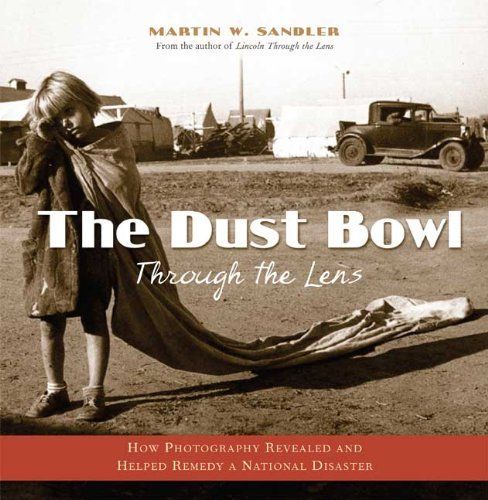
The Dust Bowl Through the Lens How Photography Revealed and Helped Remedy a National Disaster
The Dust Bowl was a time of hardship and disaster. The worst ecological disaster in our nation’s history turned more than 100 million acres of fertile land almost completely to dust. Hundreds of thousands of people were forced to seek new homes and opportunities thousands of miles away, while millions more chose to stay and battle nature to save their land. These terrible repercussions from the Dust Bowl contributed to the Great Depression, which impacted the entire country. FDR’s New Deal army of photographers took to the roads during this national crisis to document the human struggle of the proud people of the plains. Their pictures spoke a thousand words, and a new form a storytelling—photojournalism—was born. These talented cameramen and women used photographs to inform the rest of the nation and bring about much-needed change. With the help of iconic images from Dorothea Lange, Walker Evans, Arthur Rothstein, and many more, Martin W. Sandler tells the story of this man-made natural disaster and these troubling economic times, ultimately showing how a nation can endure its darkest days through extraordinary courage and human spirit.